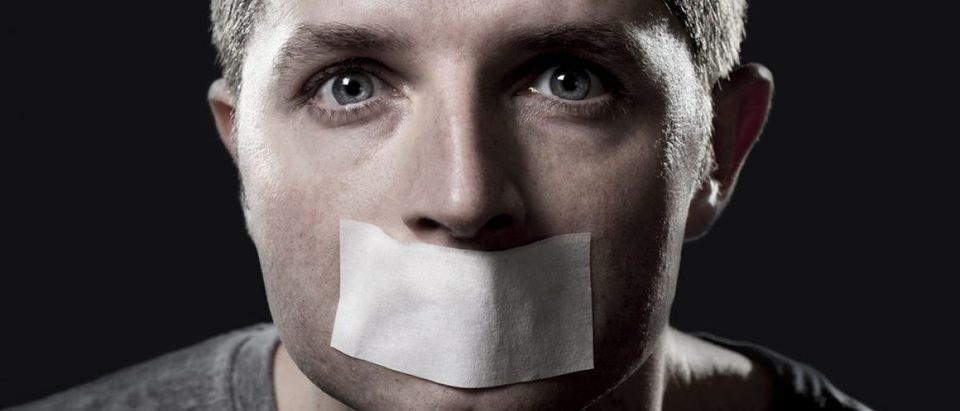What are the key takeaways from the maelstrom comedian Bill Maher engendered by self-referencing as a “house n-word” June 2 on his “Real Time” HBO show? We’ve long heard a certain segment of the population argue that the “n-word” can be a term of endearment when used by black folk toward other blacks. I can attest to hearing black relations using it while growing up in my native Virginia. It wasn’t unusual to hear “Come over here a little [expletive deleted] so auntie can run a comb through that hair of yours.”
A few black grade school chums addressed me as “white n-word,” owing to my being so light complexioned yet of partial African ancestry, and it’s hard for me to believe anyone – black or white — who insists he never used the word.
Maher’s case is unique, though, in that a white man used a variation of the term to describe himself. Most of the ensuing anger from the black intelligentsia seemed to center on one simple philosophy — ownership and controlling the use of the word, with a comedic dispensation only for black entertainers.
Rapper Ice Cube of N.W.A. (Niggaz Wit Attitudes) fame drove home this point a week later when he appeared on Maher’s program and gave the host a dressing-down: “It’s been used as a weapon against us by white people, and we’re not gonna let that happen again… That’s our word now, and you can’t have it back.”
The idea of policing the use of the “n-word” breaks down, though, since it is so prevalent in the popular culture, particularly in rap music where recording moguls and artists create fortunes hand over fist by liberally lacing lyrics with the term along with other vulgarities. Here in New York City it’s commonplace to hear white, Hispanic or Asian kids using it as a greeting to friends.
Furthermore, do mixed-race people possess the requisite license allowed to say the word since it is now supposed to be the sole property of black America, or is that authorization contingent on degrees of ancestry or a sliding scale of sociopolitical allegiance? For that matter, how exactly does society define “white” and “black” anymore?
Three years ago the Washington Post article “A lot of Southern whites are a little bit black” detailed the results of a study showing that at least six million Americans who describe themselves as white have some African ancestry. Southern whites, according to the data, are considerably more likely to have African ancestry than whites from other regions.
If these people take DNA tests and learn they have African ancestry, should we then call them black? Relevance, you might ask? In addition to now owning the “n-word,” the black community long ago embraced another racist instrument – the one-drop rule. This remnant of white supremacist ideology declares that any degree of African ancestry no matter how small or remote renders you completely black. What once served to maintain the purity of the white race, particularly during the Jim Crow era, now functions to preserve the official headcount of black America and to maintain accrued political power.
Assuming those who discover African ancestry continue to identify as white, will liberal academics accuse them of “passing” of “denying their blackness”? It seems ludicrous on its face, but in all probability some critical race theorist has already given it thought and is poised to write a treatise on the subject.
The adoption of white supremacist ideology by black politicos and academics convinced me long ago that too many had gone into agreement with the old maxim: “To the extent that the oppressed cannot throw off their oppressor, to that extent they become as the oppressor.”
Obsessing over Maher-like incidents that will surely reoccur do little to improve the lot of everyday black folk that the leadership purports to represent. Self-segregating on campus with “safe spaces” or railing against cultural appropriation do nothing to mitigate problems that more severely impact the community.
Blacks are overrepresented in all thirty FBI crime categories from murder down to curfew and loitering law violations (Crime in the U.S. 2015 — Table 43). While it is certainly understandable to call into question a perplexing jury verdict regarding a black man’s death at the hands of a police officer, when will people take a sobering look at how repetitive crime stats may well be influencing the perception law enforcement has vis-à-vis minority communities?
That would seem at least as important as having a fit over a white comic’s “house n-word” remark.
Charles Michael Byrd, a freelance opinion writer whose pieces deal with racial identity politics and religion, is of white, black and Cherokee heritage. He lives in Queens, N.Y. @ChasbyrdM


